Asia Pacific‘s leading platform for sustainable development
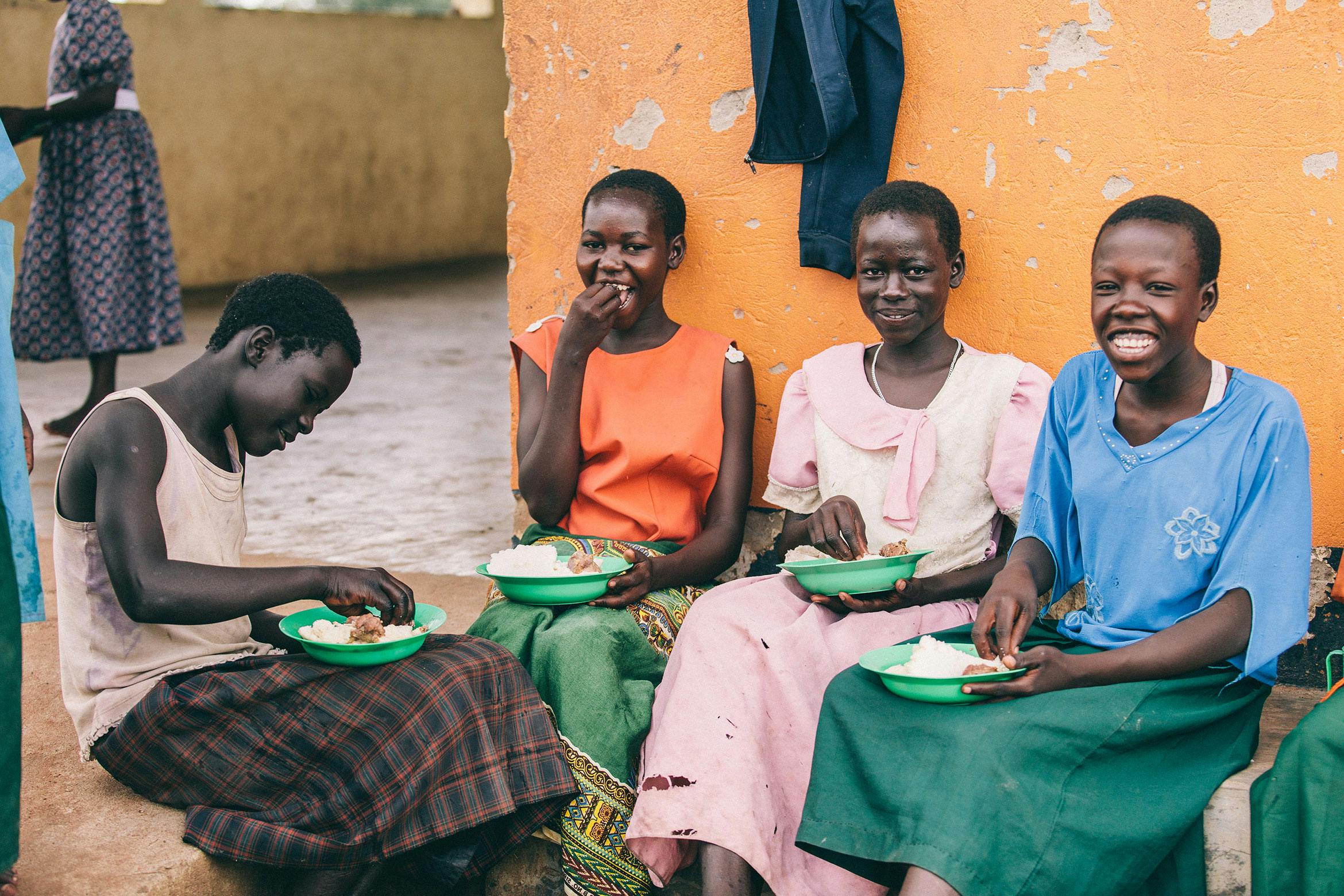

2. Zero hunger
After a prolonged decline, world hunger appears to be on the rise again. Conflict, drought and disasters linked to climate change are among the key factors causing this reversal in progress. It is time to rethink how we grow, share and consume our food. If done right, agriculture, forestry and fisheries can provide nutritious food for all and generate decent incomes, while supporting people-centred rural development and protecting the environment.
Read our stories to learn more about SDG Goal 2: Zero hunger
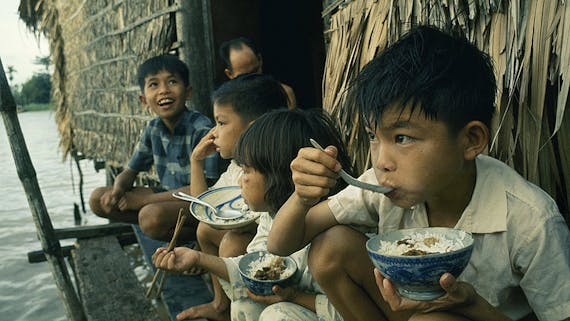
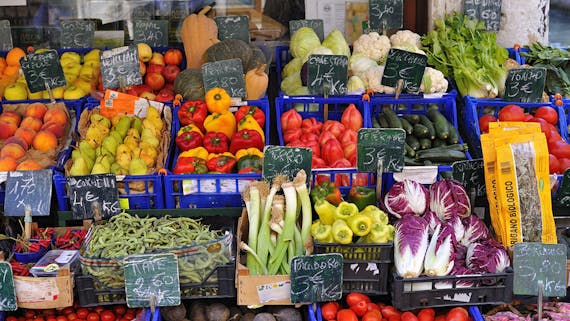
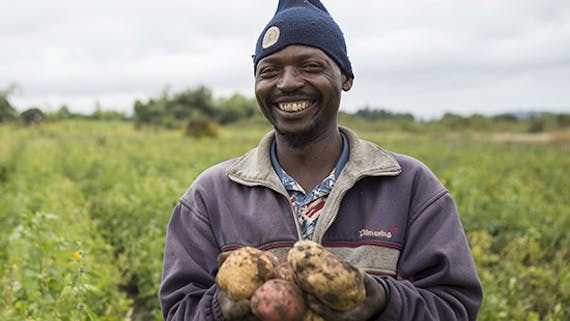
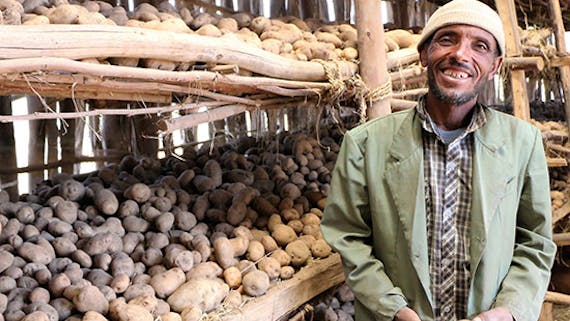
To adopt SDG 2 Zero hunger, in support of the 17 Sustainable Development Goals, please contact us at partners@eco-business.com
Adopt this goalNews

Policy & Finance
Climate change in court: cases to watch in 2026
Lawsuits are reshaping climate justice following landmark 2025 rulings, with cases rising in the Global South.

Policy & Finance
After a year of big cuts, where does US aid stand going into 2026?
US foreign aid more than halved in 2025, leaving millions at risk of losing their lives to malaria, malnutrition and HIV.

Food & Agriculture
Indigenous voices shape fight for climate, food sovereignty from COP30 to Sri Lanka
Indigenous protests at the recently concluded COP30 echo global climate-justice demands, calling for territorial rights, forest protection and an end to extractive industries – themes strongly reflected in the discussions at the Nyéléni Global Forum on Food Sovereignty held this August in Sri Lanka.

Food & Agriculture
Climate disasters deepen food insecurity in the Punjab
Following devastating floods that destroyed crops in the breadbasket region of India and Pakistan, food insecurity continues to loom large.
Food & Agriculture
Asia’s banks are failing to grasp growing food system risks: study
Food & Agriculture
Brazil's Indigenous battle with a dry Amazon rainforest
Opinion

Food & Agriculture
India’s food waste is turning into an environmental time bomb
India’s colossal food waste problem is both a symptom and a significant accelerator of the climate crisis.

Carbon & Climate
COP30 must do good, not just avoid harm
As the host of this year's UN Climate Change Conference, Brazil seeks to make COP30 the “COP of implementation.” Translating commitments into robust action should include providing indigenous peoples with direct access to predictable and sustainable finance, and treating them as equal partners, rather than as beneficiaries.

Food & Agriculture
India’s farm policies behind bad air, unhealthy diet, water crisis
Law and policy measures that prioritise sustainable agriculture are needed to address India’s environmental challenges.

Carbon & Climate
How climate became China’s strategy for survival and security
China’s climate pivot has been shaped by its survival strategy, and this is now quickly redefining its resilience in the 21st century. Whether that power endures will depend on Asean – arguably China’s closest testbed for clean energy development. The recent Asean Summit and Apec meetings suggest China’s successes in climate and development will see a far larger reach beyond its shores.
Policy & Finance
While the West retreats, Asia powers ahead on sustainable finance
Food & Agriculture
A food security imperative for the Johor-Singapore SEZ blueprint
Food & Agriculture
Feed the world but feed it well: Why food systems must be reformed
Videos

Food & Agriculture
Singaporeans love food, but are they valuing food enough?
EB Studio
Singaporeans are well-known foodies, but around 800,000 tonnes of food is wasted every year. Why is so much food wasted, and what can consumers do about it?

Food & Agriculture
Can palm oil plantations be elephant-friendly?
From conflict to co-existence: Earthworm Foundation has come up with a solution to managing human-elephant conflict in palm oil plantations in Sabah.

Food & Agriculture
Mission Impossible: Satisfying Asia’s meat appetite with plant-based food?
Can Impossible Foods, the plant-based food tech company from California, take a bite out of Asia's growing appetite for meat? Eco-Business spoke to founder Pat Brown to find out.

Food & Agriculture
Expansion of oil palm plantations into forests appears to be changing local diets in Indonesia
With no forests, people lose access to wild food and are forced to purchase more unhealthy food, including packaged foods.
Podcasts

Food & Agriculture
Looking past the label: the nutritionists’ guide to plant-based milk
EB Studio
Plant-based milks have grown in popularity in recent years, driven by a combination of health, environmental and practical concerns. Nutritionists on the Eco-Business podcast, produced in association with Kerry, weigh the pros and cons of non-dairy milk.

Food & Agriculture
Plant-based protein – fad or the future?
EB Studio
The booming alternative protein sector has experienced turbulence this year. The Eco-Business Podcast asks if growth in plant-based meat alternatives can go the distance.

Carbon & Climate
Relentless work, for no money: Southeast Asian climate scientists share their IPCC experience
What's it like co-writing a 3,500 page report on the dangers of climate change with hundreds of scientists worldwide, over Zoom calls during a pandemic? Eco-Business speaks to authors from the Philippines, Malaysia and Singapore who were in the thick of the action.

Carbon & Climate
Protecting 30 per cent of the ocean by 2030: Mission impossible?
EB Studio
Eco-Business talks to 'Aulani Wilhelm of Conservation International about why a plan to protect the ocean is critical, and why it might just work.

















